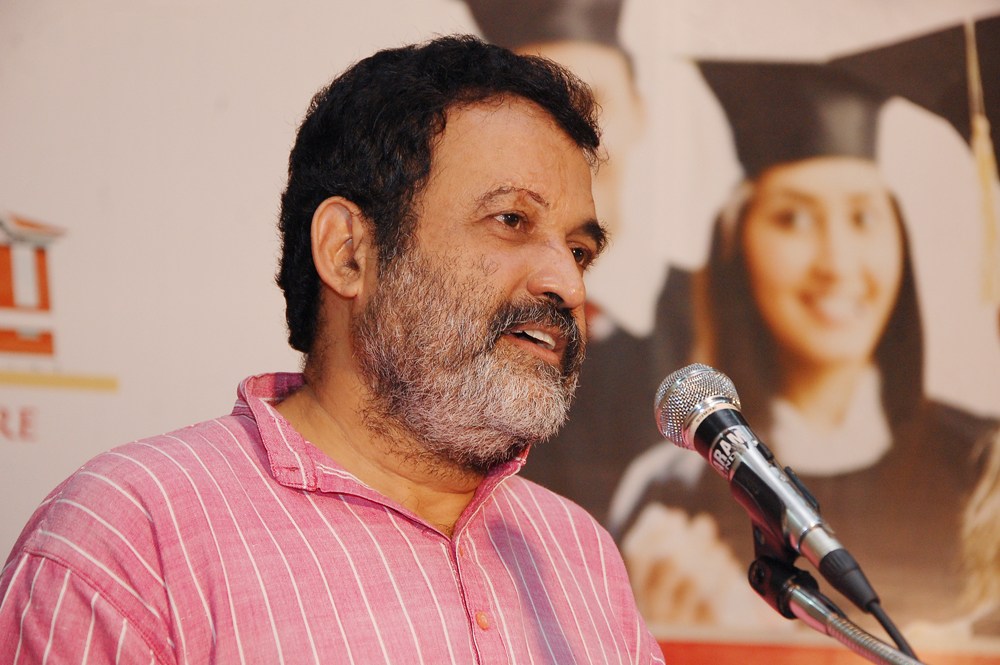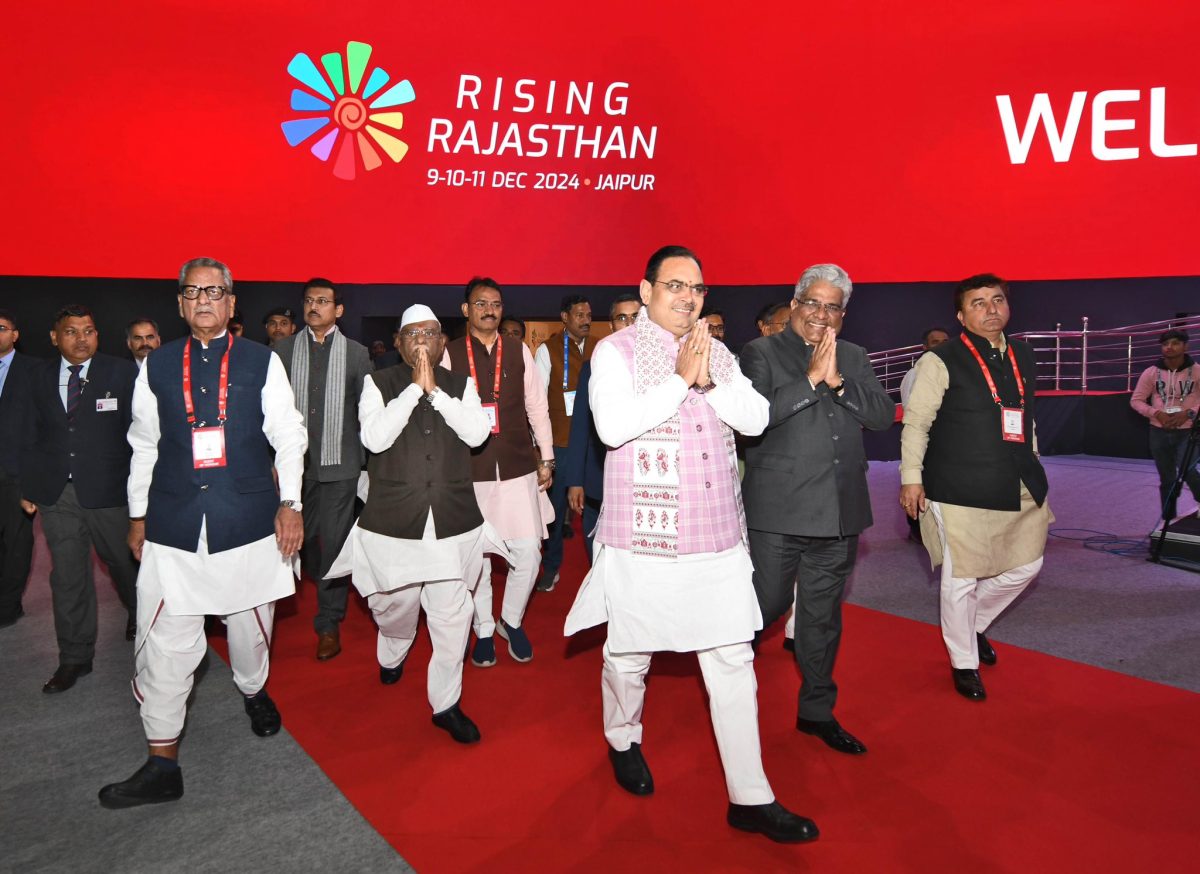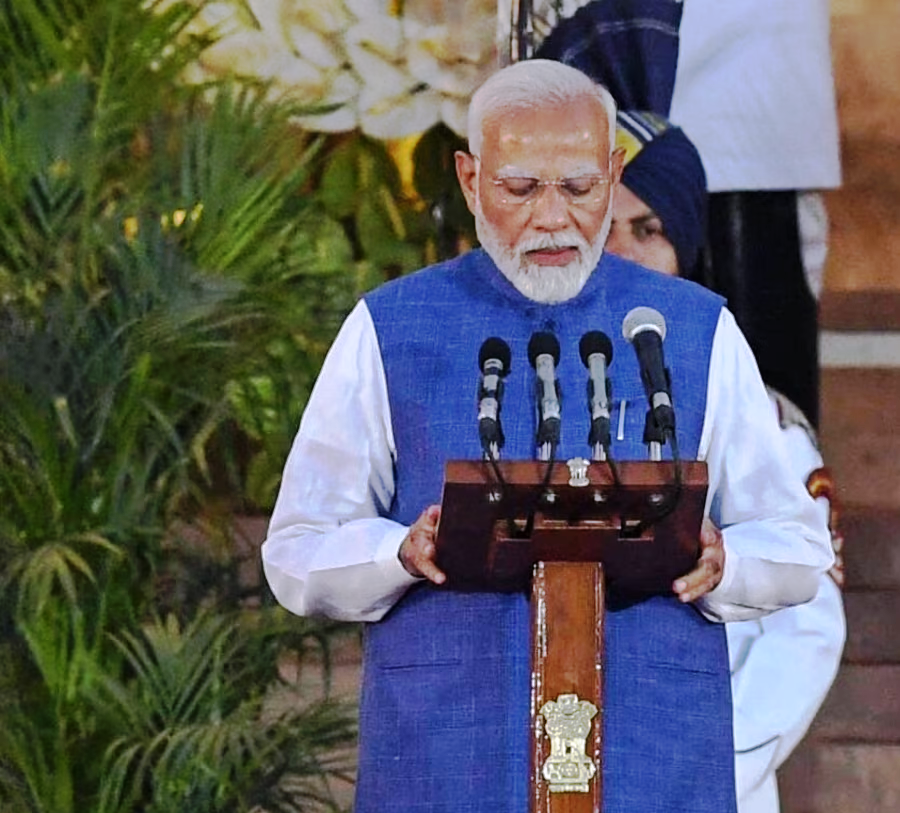E-Tailers Need To Find A Better Biz Model Than Discounts: Mr. Pai

E-Tailers Need To Find A Better Biz Model Than Discounts: Mr. Pai
The engine of e-commerce industry continues to be powered by heavy discounts. Nobody has a slightest of inkling as to when the discounts would be discontinued. But experts in the industry feel that it has to end some day because the deep discounts are not sustainable.
In an interview to Business Rankers, T V Mohandas Pai, chairman of Manipal Global Education, said that the discount model is not viable and cannot go on for a long time.
“It will continue as long as they have money. But it is very important for them to come out with a viable revenue model. Right now capital is driving them and that will last only for some time. But they have to find a sustainable revenue model sooner than later. They have cash to follow this model for another couple of years. So, we have to wait and see,” said Mr. Pai who used to be a member of the board of directors of Infosys, and head – Administration, Education and Research, Financial, Human Resources, and Infosys Leadership Institute.
During the festive season that started from the beginning of October, the three big e-commerce marketplaces once again resorted to discount model to acquire customers and win the mindscape of the tech-savvy young generation in a country where the internet penetration is growing apace.
But Pai who has a finger on pulse of the market said that the concept of customer loyalty may not pan out the way these e-commerce companies think. “More than 65% of the sale is to people who are below the age of 35 years and these people are not very loyal. They just see discounts and buy. The existing model is neither creating a great loyalty nor adding value to the companies,” explained Mr. Pai.
Recently, major e-commerce companies have witnessed marked-downs in their valuations. Funding is getting harder to come by. That may be the reason why there is a reassessment of discounts that can be doled out.
“This year the discounts are less compared to last year. Hopefully, the discounts will keep coming down and it becomes a viable model that will lead to sustainability,” added Mr. Pai.
Discounts is just one part of the startup revolution. Even though India joined late other countries in entrepreneurship and innovation, the country has emerged as the third largest startup hub in the world.
“The ecosystem is improving and more and more people are investing. More and more people are taking up entrepreneurship and small companies are growing and becoming bigger players. Many of them are threatening existing players. This is good news and things are happening in a good way,” said Mr. Pai.
While the number of startups coming up is increasing at a break-neck speed, an equal number of them are also shutting down. But Mr. Pai feels that there is nothing to be worried.
“Mortality is a fact of life. Startups is high risk and high profitable game. It’s good to have high mortality. People will learn and the best people will survive and do well,” said Mr. Pai.
A country with more than 1.2 billion population, India is also home to a large base of education institutions, which are now looking at innovation to disrupt the traditional ways of delivering services.
“We have a very large education system. There are more than three crore people in the colleges. Now, the education system is producing greater and greater innovation. We are at 20% of where we want to be. In next five years we will be at 80%. So, more and more innovation will come out of universities,” said Mr. Pai.
Explaining further, he said, “About 20% of India’s education is of global standards. It’s very large and the biggest compared to many countries in the world. 20% means six million students. We don’t have global universities because the ranking system favours the US universities to do research. Indian universities have no money for research. They have no money for infrastructure. To expect poorly funded universities to be world class is a joke.”
Commenting on the quality of educational institutes in Rajasthan he said it takes 10-15 years for colleges and universities to build standards. “Manipal University has been there for the past 60 years. You must give them time. It won’t happen overnight,” added Mr. Pai.
When asked if India will be able to produce companies like Facebook and Google, he said that such companies can only come out of America and not from other many countries.
“It’s stupid to compare. The US is a $19 trillion economy and such global companies can only come out of such countries. We are a small economy. Only China has achieved some success with companies like Alibaba and Baidu. But with $12 trillion, China is also huge economy. But there also, they have bigger influence in China not outside. You need to be large economy to be a dominant player,” explained Mr. Pai.
Of late, the success of startups like CarDekho.com and CultureAlley has inspired a large number of young talent to venture into entrepreneurship. In order to give a fillip to the ecosystem, the state government has also introduced a policy for startups providing financial incentives and infrastructure support.
Giving an assessment of what is happening in the state, Mr. Pai said, “Rajasthan’s ecosystem is improving. Rajasthan is becoming a base for industrial development in the north India. The education system is also improving. A number of startups are coming up. Infrastructure has improved. The GDP is growing at a fair pace.
Rajasthan is doing fairly well compared to other states. But remember, Rajasthan has started from a very low base. For them to come up to the level of Tamil Nadu or Karnataka, it will take time. But the state is doing very well. There is a visionary chief minister who is doing many things right. They have a very good bureaucracy which is very responsive. They could do more.”





